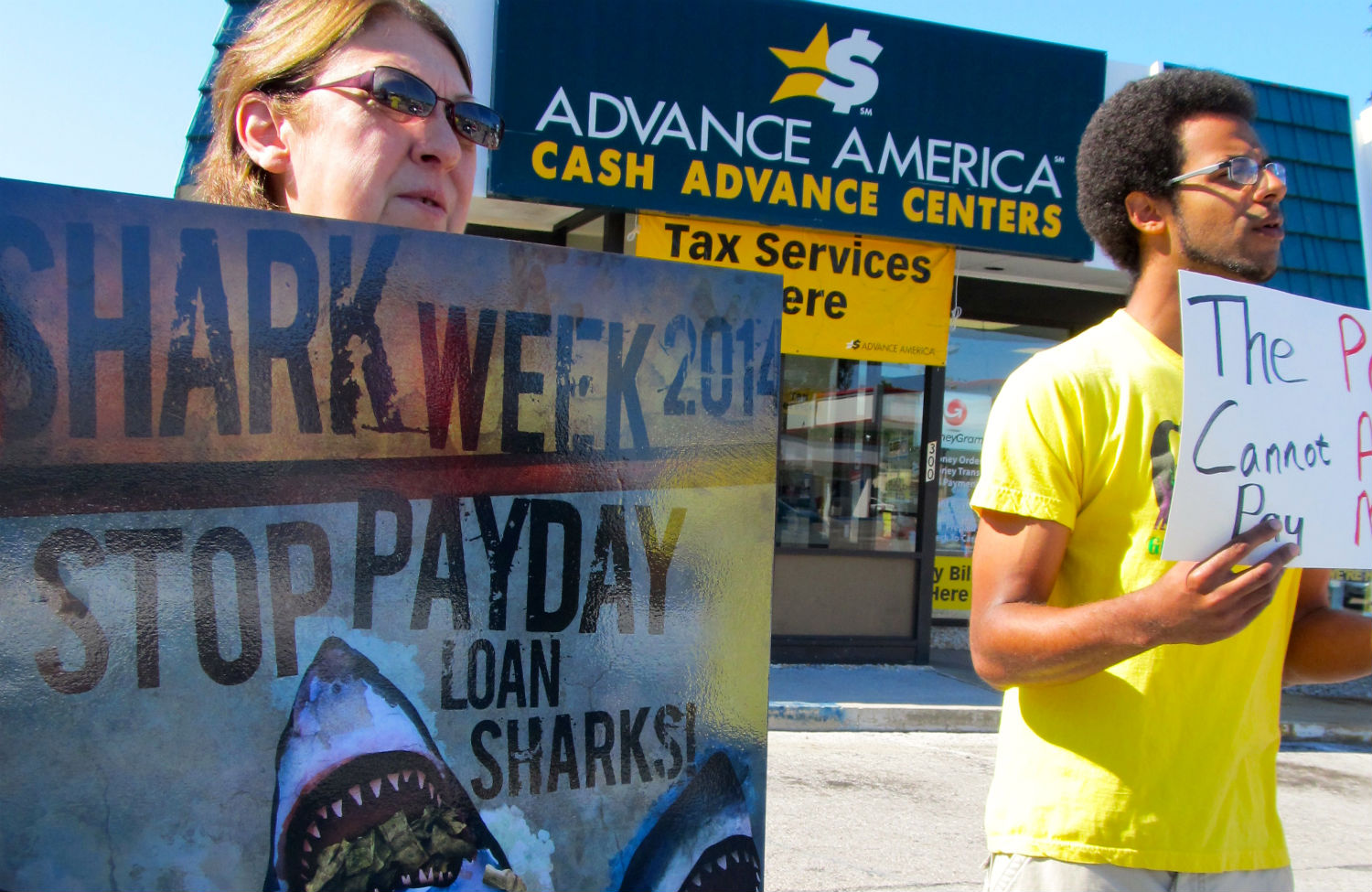
Those who believe that corporate executives are virtuous, government regulators are overreaching, and that we live in a meritocracy have been cringing every time they listened to a newscast in recent days. That’s because two major stories have been shattering myths about the way things work in the U.S. business world and the broader society.
The controversy over whether Boeing’s 737 Max aircraft should be grounded in the wake of a deadly crash in Ethiopia revealed the true nature of business regulation in the United States. Contrary to the image, depicted ad nauseum by corporate apologists, of bureaucrats crippling companies with unnecessary and arbitrary rules, we saw in the Federal Aviation Administration an agency that is essentially held captive by airlines and aircraft manufacturers.
It was only after the rest of the world ignored assurances from Boeing and took the common-sense step of grounding the planes that the FAA finally acted. The agency, its parent Department of Transportation and the Trump Administration had to be shamed into fulfilling their responsibility of protecting the public.
It remains to be seen whether the Trump Administration will temper its anti-regulatory rhetoric after this incident in which it was clear that the country needed more rather than less oversight. Unfortunately, the problem goes beyond rhetoric.
Since taking office, Trump has made it a crusade to dismantle much of the deregulatory system. Left to his own devices, Trump would continue on this path. His new budget proposes massive cuts in the budgets of regulatory agencies, including 31 percent at the EPA.
That budget was dead on arrival in the Democratic-controlled House, but the administration is undermining agencies by rolling back enforcement activity. Public Citizen has been documenting this ploy in a series of reports drawing on data from Violation Tracker. Its latest study shows a 37 percent drop in enforcement actions by the Consumer Financial Protection Bureau, the Federal Trade Commission and the Consumer Product Safety Commission during Trump’s first two years, compared to the final two years of the Obama era.
The other big myth-busting story is the admissions scandal at elite universities. The revelation that wealthy parents have been paying large sums to a fixer who bribed coaches and used other fraudulent means to get their kids into the Ivy League should cause all critics of affirmative action to hang their heads in shame.
It speaks volumes that one of the parents arrested in the case is William McGlashan, founder of The Rise Fund, an ethical investing vehicle managed by the private equity firm TPG Capital. Working with the likes of Bono and philanthropist Pierre Omidyar, the fund says it is “committed to achieving social and environmental impact alongside competitive financial returns.”
Defenders of the fund will attempt to separate its mission from McGlashan’s personal issues. Yet the scandal helps puncture the image of moral superiority projected by those who claim they can do good and get richer at the same time. It gives more ammunition to those who suspect that ethical investing may be little more than a way to ease the conscience of the wealthy with more than their share of misdeeds.
Undoubtedly, protectors of the conventional wisdom are seeking ways to restore support for the notions that regulation is bad and that the rich are good people who earned everything they have. Yet for now, let’s enjoy these moments of clarity.




 For a long time, the corporation that stood out as America’s worst employer was Walmart, given its reputation for shortchanging workers on pay, engaging in discriminatory practices and ruthlessly fighting union organizing drives. Today, Amazon.com seems to be trying to take over that title, at least for its blue-collar workforce.
For a long time, the corporation that stood out as America’s worst employer was Walmart, given its reputation for shortchanging workers on pay, engaging in discriminatory practices and ruthlessly fighting union organizing drives. Today, Amazon.com seems to be trying to take over that title, at least for its blue-collar workforce. The immediate culprits in many workplace discrimination and harassment cases are individual managers or co-workers, but in many situations the worst villain is the employer that fails to stop the abuse or engages in its own unfair practices.
The immediate culprits in many workplace discrimination and harassment cases are individual managers or co-workers, but in many situations the worst villain is the employer that fails to stop the abuse or engages in its own unfair practices. There is growing awareness of the dangers posed by Amazon’s ever-increasing market clout, but the concentration of economic power is not limited to that online retailer. More and more U.S. industries have become oligopolies, and in some sectors the top two companies now have a market share
There is growing awareness of the dangers posed by Amazon’s ever-increasing market clout, but the concentration of economic power is not limited to that online retailer. More and more U.S. industries have become oligopolies, and in some sectors the top two companies now have a market share  Three days after Donald Trump took office in 2017, the Pharmaceutical Research and Manufacturers of America trade association
Three days after Donald Trump took office in 2017, the Pharmaceutical Research and Manufacturers of America trade association
You must be logged in to post a comment.